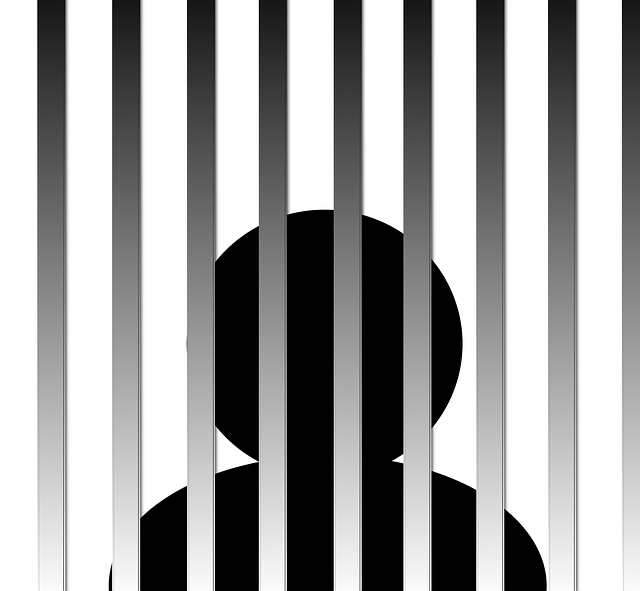
By Steve Schneider
I met some good people last spring when I attended an event at Hollywood Beach, in Florida. The meeting happened a year before Covid-19 forced many of us to stay home or wear a mask or stand or sit six feet apart from one another.
The meeting, at night, was held by a local Democratic club so we could listen to people speak about Amendment 4, a constitutional amendment passed by almost 65% of Sunshine State voters. The Nov. 6, 2018 change to our constitution allowed former felons — returning citizens — to register to vote after completing all terms of their sentence, including parole and probation. The amendment applies to all felons, expect those convicted of murder and felony sex crimes.
Now, a year later, with the Coronavirus hovering over us, a federal judge, in Tallahassee, held a conference call with a video component. The video call allowed a trial on Amendment 4, and a state law reacting to it, to move forward. Witnesses spoke via phone. So did the judge, and attorneys for all sides. Closing arguments ended on May 7.
U.S. District Judge Robert Hinkle said he plans to issue a ruling as quickly as possible. His ruling will come as Florida prepares to play its perennial role as a swing state in presidential elections. Estimates vary, but it is possible that more than 1 million returning citizens will be affected by Hinkle’s decision, which is expected to be appealed by the side that doesn’t get its way.
Florida is also known for holding statewide elections for governor and U.S. senator that require mandatory recounts. In 2018, these contests generated razor-thin margins out of more than 8 million votes cast.
Perhaps unnoticed by the Republican state Legislature and GOP governor, there are more white returning citizens in Florida than people of color. White folk tend to be on more friendly terms with the Republican Party than people of color.
But Hinkle agreed with evidence presented by attorneys for the plaintiffs. That evidence showed that people of color are unequally affected by the state law — SB 7066 — that requires former felons to repay all fees, fines and restitution imposed by a judge as part of a sentence before they can register to vote.
In October, in a limited decision, Hinkle ruled that returning citizens can’t be stopped from registering to vote if they can demonstrate a “genuine” inability to pay criminal justice debt. A federal appeals court upheld that decision.
“In the Feb. 19 ruling, a three-judge panel of the Atlanta-based appeals court found that requiring all felons to pay financial obligations violates equal protection rights guaranteed under the 14th Amendment because it “punishes those who cannot pay more harshly than those who can,” according to an Associated Press report.
These are some of the facts in a complex legal case that may be appealed all the way to the U.S. Supreme Court. An attorney for Gov. Ron DeSantis has already signaled that the judge’s anticipated ruling sets the stage for a higher court to render Amendment 4 unconstitutional. This argument will get much more attention if, as expected, the judge rules in favor of returning citizens and the state continues to press its defense of SB 7066.
Take that, the Republican Party of Abraham Lincoln said. If federal judges won’t give us what we want, maybe the Supreme Court will. Five of the nine justices on the highest court in the land were appointed by GOP presidents. Court battles have increasingly become partisan political matches as our hyper-partisan times continue an inexorable march toward what? Second Amendment remedies?
But enough facts and speculation.
The headline for this article is “I don’t FB.” It’s true. I don’t do Facebook.
I’m mentioning this fact because one of the speakers at the Amendment 4 meeting last spring asked me about FB in a text message, probably weeks after the meeting. It took me hours to figure out what FB meant.
Oh, Facebook. Ok. I’m now 62-years-old. I still don’t do Facebook. I also don’t Zoom or do Instagram or G-d knows what else younger people feel at home doing these days.
But I am allowed to register to vote. And I do vote.
As should returning citizens in Florida who are my neighbors.
Steve Schneider lives in Hollywood, Fl. He is learning about issues related to election reform, voting rights and election integrity. Maybe his next piece here will be on Democracy Counts, a nonprofit election integrity group that has created a free “Actual Vote” app for volunteer auditors to use in swing states this fall.
















